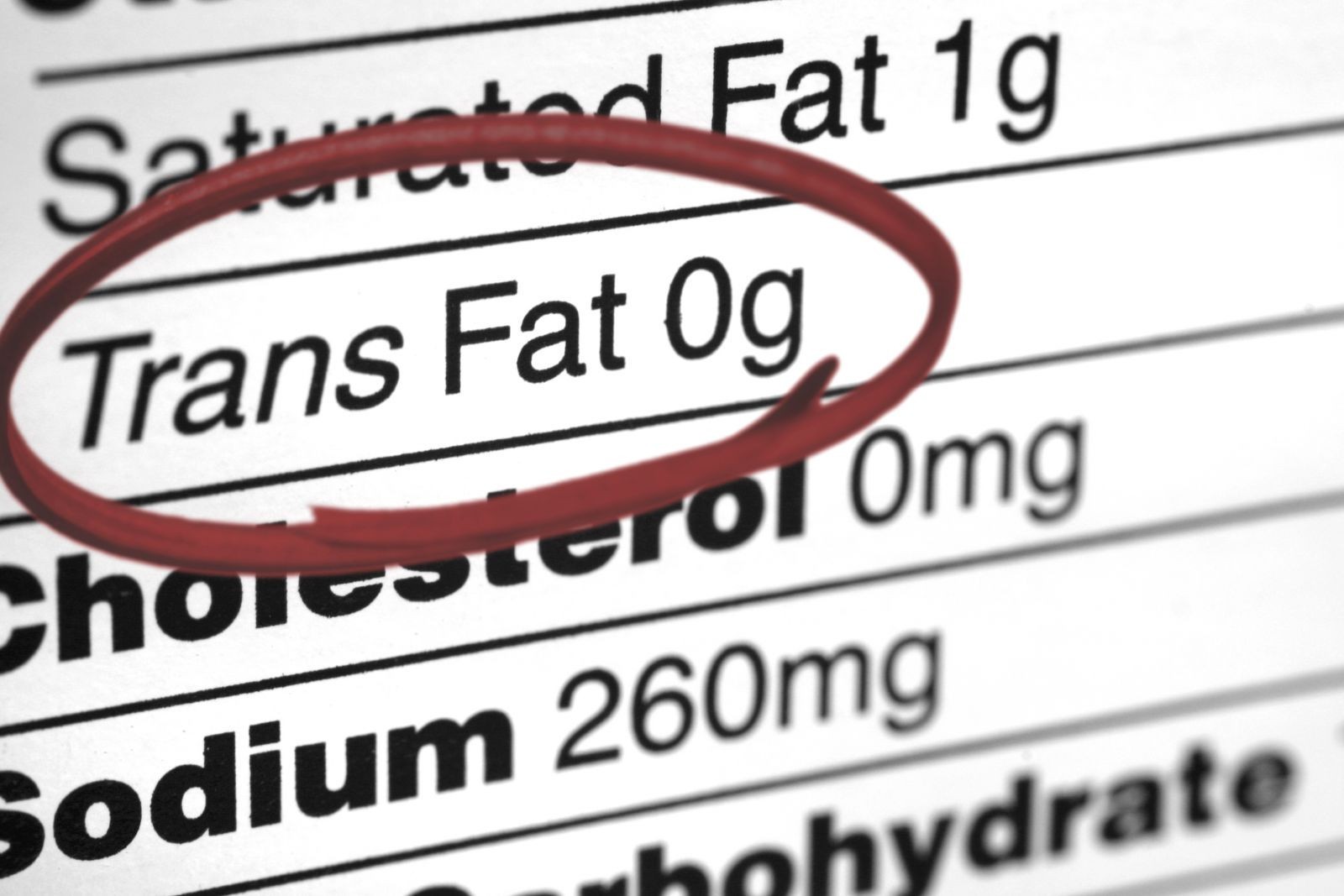For decades, dietary fat was demonized. The prevailing advice was to minimize fat intake, leading to a surge in low-fat food options. However, this broad approach didn’t improve public health, likely because it overlooked the crucial distinction between healthy and unhealthy fats. While trans fats are definitively harmful and unsaturated fats are beneficial, saturated fats occupy a less clear, “in-between” category. This raises a critical question: Why Are Saturated Fats Unhealthy?
Our bodies require fat for energy, vitamin and mineral absorption, cell membrane construction, nerve insulation, blood clotting, muscle function, and inflammation management. The key lies in choosing the right types of fat. Monounsaturated and polyunsaturated fats are considered “good fats,” industrial trans fats are unequivocally “bad,” and saturated fats fall into a moderate consumption zone. Understanding why saturated fats are considered unhealthy, and how they differ from other fats, is crucial for making informed dietary choices.
All dietary fats share a fundamental chemical structure: carbon atoms linked in chains, bonded to hydrogen atoms. The variations in carbon chain length and shape, and the number of hydrogen atoms attached, determine a fat’s classification and its impact on our health. These seemingly minor structural differences translate into significant functional differences within the body.
Understanding Saturated Fat: The Basics
Saturated fats are characterized by their carbon chains being “saturated” with hydrogen atoms – meaning each carbon atom is bonded to as many hydrogen atoms as possible. This saturation affects their physical properties, making them solid at room temperature. Think of familiar examples like butter, coconut oil, or the solidified fat on cooked meat.
Common sources of saturated fats in the typical diet include red meat, full-fat dairy products like whole milk and cheese, certain tropical oils such as coconut and palm oil, and many commercially baked goods and processed foods. While not as detrimental as trans fats, excessive consumption of saturated fats is linked to several health concerns, primarily related to cholesterol levels and cardiovascular health.
The Link Between Saturated Fats and Cholesterol
One of the primary reasons saturated fats are considered unhealthy is their impact on blood cholesterol levels. Consuming a diet high in saturated fat can elevate total cholesterol and, more specifically, increase the level of low-density lipoprotein (LDL) cholesterol, often referred to as “bad” cholesterol.
High LDL cholesterol is a major risk factor for heart disease. LDL cholesterol can contribute to the formation of plaque within the arteries, a process known as atherosclerosis. This plaque buildup narrows and hardens arteries, restricting blood flow to the heart and other organs. This can lead to chest pain (angina), heart attack, and stroke.
Conversely, saturated fats tend to have a less pronounced effect on high-density lipoprotein (HDL) cholesterol, or “good” cholesterol, which helps remove LDL cholesterol from the arteries. The imbalance created by increased LDL without a corresponding rise in HDL contributes to the negative cardiovascular effects associated with high saturated fat intake.
Saturated Fats and Heart Disease: What Does the Evidence Say?
The link between saturated fat and heart disease has been a topic of ongoing research and debate. While older studies strongly suggested a direct causal link, some more recent analyses have presented a more nuanced picture. Some meta-analyses have indicated that there isn’t conclusive evidence to definitively state that saturated fat directly increases heart disease risk.
However, it’s crucial to interpret these findings carefully. Many studies now emphasize that the type of replacement for saturated fat in the diet significantly impacts health outcomes. Replacing saturated fats with polyunsaturated fats, especially from vegetable oils and fatty fish, is consistently shown to reduce heart disease risk. Conversely, replacing saturated fats with refined carbohydrates might not offer the same benefits, and in some cases, could even be detrimental.
The consensus among major health organizations remains that limiting saturated fat intake is a prudent dietary strategy for heart health. The emphasis has shifted towards recommending the replacement of saturated fats with healthier unsaturated fats, rather than simply focusing on overall fat reduction.
Recommended Intake of Saturated Fats
Due to the potential negative impacts on cholesterol and heart health, dietary guidelines generally recommend limiting saturated fat intake. The American Heart Association and other expert bodies advise that saturated fat should constitute less than 6% of total daily calories. For someone consuming 2000 calories a day, this translates to about 13 grams of saturated fat or less.
It’s important to note that these are general recommendations, and individual needs may vary based on overall health status, genetics, and other dietary factors. Consulting with a healthcare professional or registered dietitian can provide personalized dietary advice.
Choosing Healthier Fats: Alternatives to Saturated Fats
The good news is that there are many delicious and healthy alternatives to saturated fats. Monounsaturated and polyunsaturated fats, often referred to as “good fats,” offer numerous health benefits and can be readily incorporated into a balanced diet.
Monounsaturated Fats: These fats are found abundantly in olive oil, avocados, nuts (like almonds and pecans), and seeds. They are associated with improved heart health by helping to lower LDL cholesterol and maintain HDL cholesterol levels.
Polyunsaturated Fats: These essential fats, meaning the body cannot produce them and they must be obtained from food, are crucial for various bodily functions, including cell membrane formation and inflammation regulation. The two main types are omega-3 and omega-6 fatty acids.
- Omega-3 Fatty Acids: Found in fatty fish (salmon, mackerel, sardines), flaxseeds, walnuts, and canola oil, omega-3s are particularly beneficial for heart health, brain function, and reducing inflammation.
- Omega-6 Fatty Acids: Present in vegetable oils like soybean, corn, and sunflower oil, omega-6s are also essential but should be consumed in balance with omega-3s.
By consciously replacing sources of saturated fats with foods rich in monounsaturated and polyunsaturated fats, you can create a more heart-healthy dietary pattern and support overall well-being.
Conclusion: Moderation and Smart Choices with Saturated Fats
In conclusion, while saturated fats are not as harmful as trans fats, they are considered unhealthy when consumed in excess due to their potential to raise LDL cholesterol levels and contribute to heart disease risk. Current dietary recommendations emphasize limiting saturated fat intake and, more importantly, replacing them with healthier unsaturated fats.
Focusing on a diet rich in fruits, vegetables, whole grains, lean protein, and healthy fats from sources like olive oil, avocados, nuts, seeds, and fatty fish is a more effective strategy for long-term health than simply minimizing all fats. Making informed choices about the types of fats you consume, prioritizing unsaturated over saturated and eliminating trans fats, is a cornerstone of a heart-healthy and balanced dietary approach.

